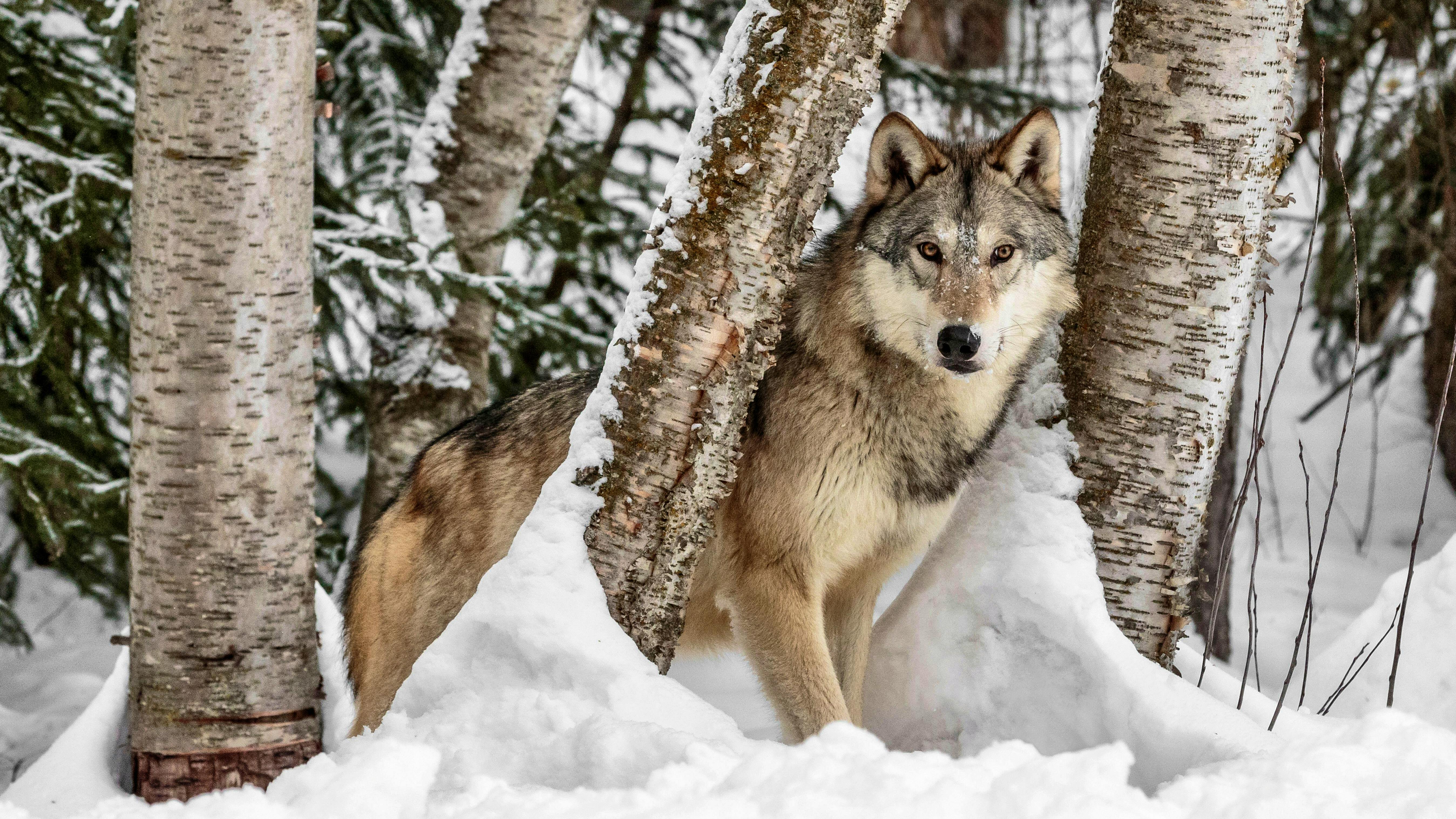Rep. Don Young (R-Alaska) decided to help his colleague Rep. Jeff Denham (R-Calif.) Tuesday night by introducing an amendment to the House Energy and Water appropriations bill that would prevent salmon restoration on the San Joaquin River in central California. If you feel like you’re having déjà vu all over again, that’s because Denham already tacked on an identical amendment to the House Commerce-Science-Justice appropriations bill last month. (Click here to see my previous post about the dangers of Denham’s San Joaquin salmon sabotage.)
By doubling down on the destructive provision, Young and Denham are clearly hoping to increase their chances of including it in a final appropriations bill later this year. Fortunately, while these two are busy conspiring to further undermine salmon restoration efforts, a federal appeals court gave imperiled Coho salmon in Northern California a much-needed boost. At the end of last week, the Ninth Circuit sided with the Karuk Tribe who argued that gold mining permits issued by the U.S. Forest Service violated the Endangered Species Act. Suction dredging and other gold mining activities continue to pose a serious risk to salmon populations.
Defenders legal team helped secure the victory by submitting a brief requesting “en banc” review by the full court. Two out of three judges had previously ruled against the tribe, so having all 11 judges hear the case was essential to overturning a dangerous precedent that would have allowed the antiquated Mining Act of 1872 to trump endangered species protections. The Ninth Circuit’s reversal ensures that vital habitat for America’s most vulnerable wildlife is protected from environmentally harmful mineral extraction practices. (Read an in-depth legal analysis from Berkeley Law blog, Legal Planet.)
As Richard Pearson’s op-ed in the New York Times reminds us, we should be doing everything we can to save salmon and other species from extinction, before it’s too late. He had this to say about the importance of preserving the 20,000-some species at risk of extinction around the world:
“It is often forgotten how dependent we are on other species. Ecosystems of multiple species that interact with one another and their physical environments are essential for human societies.
These systems provide food, fresh water and the raw materials for construction and fuel; they regulate climate and air quality; buffer against natural hazards like floods and storms; maintain soil fertility; and pollinate crops. The genetic diversity of the planet’s myriad different life-forms provides the raw ingredients for new medicines and new commercial crops and livestock, including those that are better suited to conditions under a changed climate.”
Right on, Dr. Pearson!







Follow Defenders of Wildlife
facebook twitter instagram youtube tiktok threads